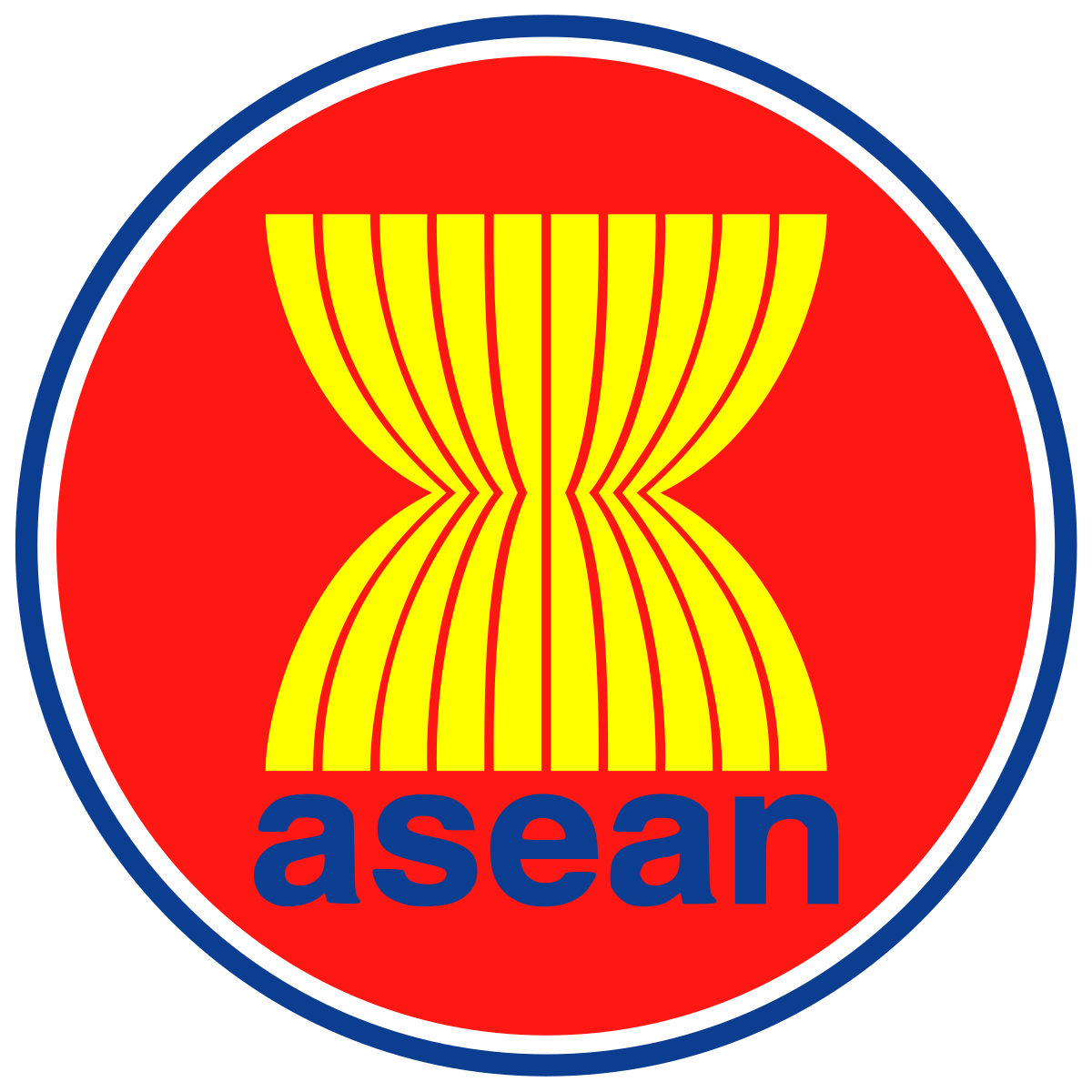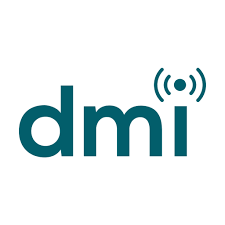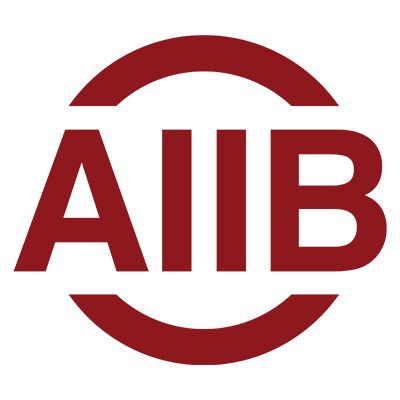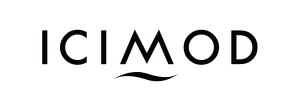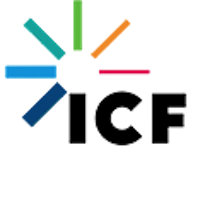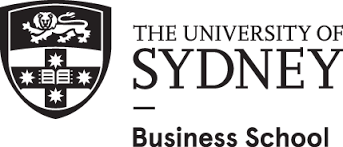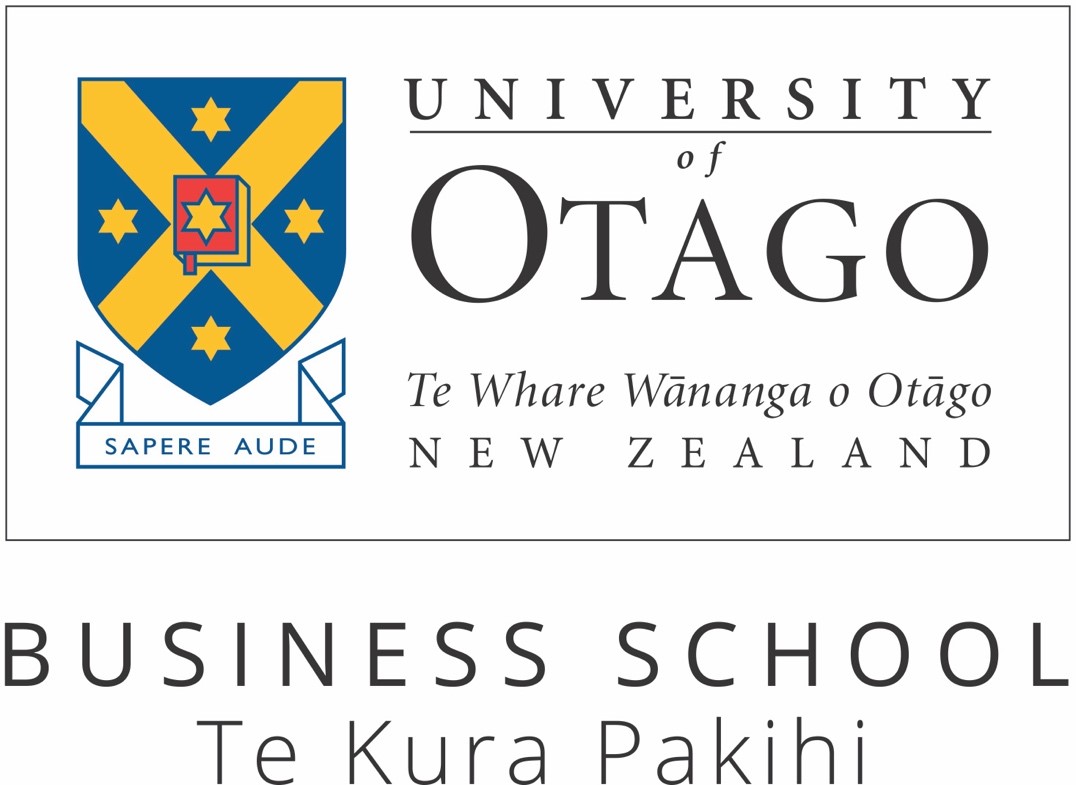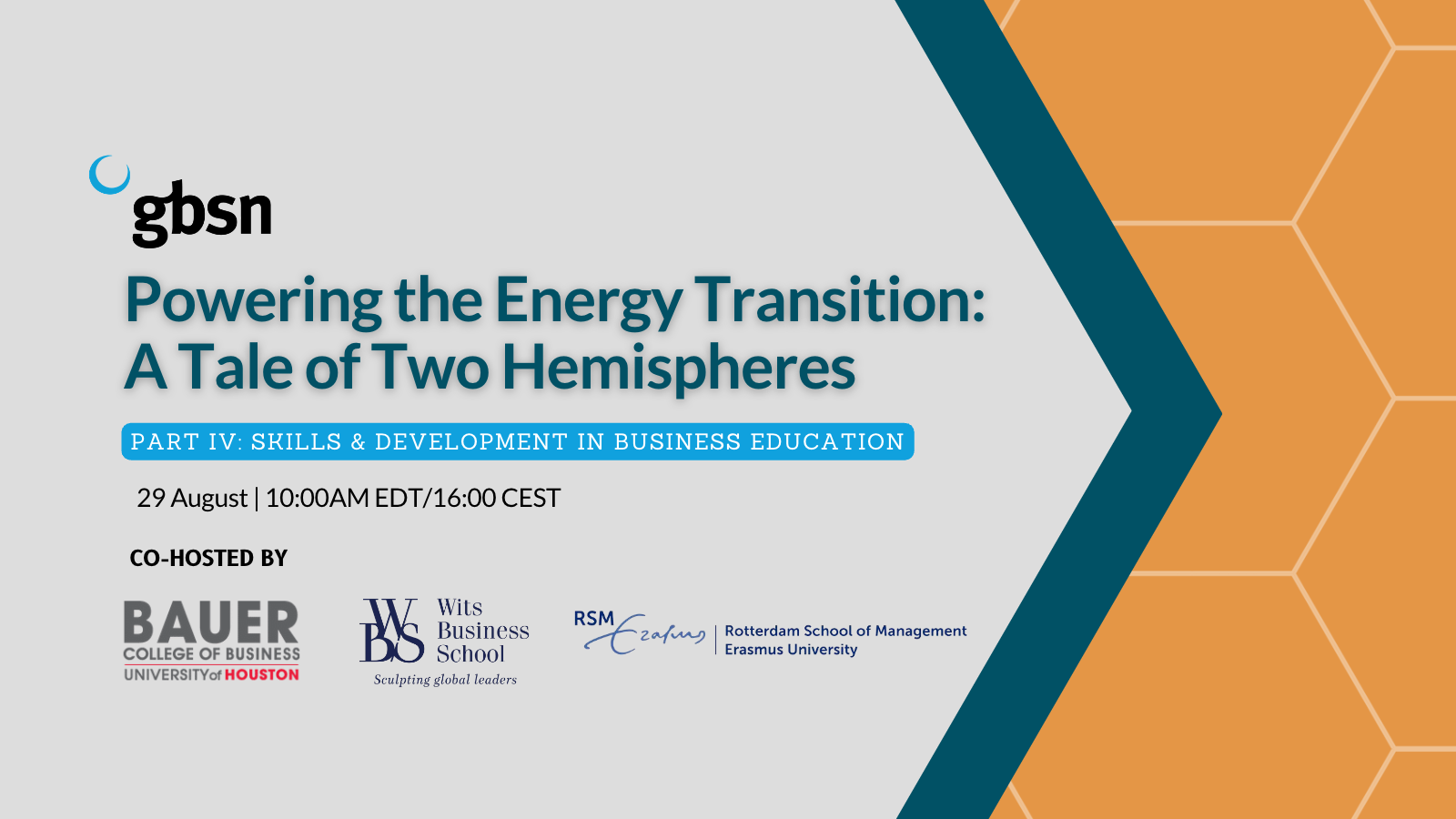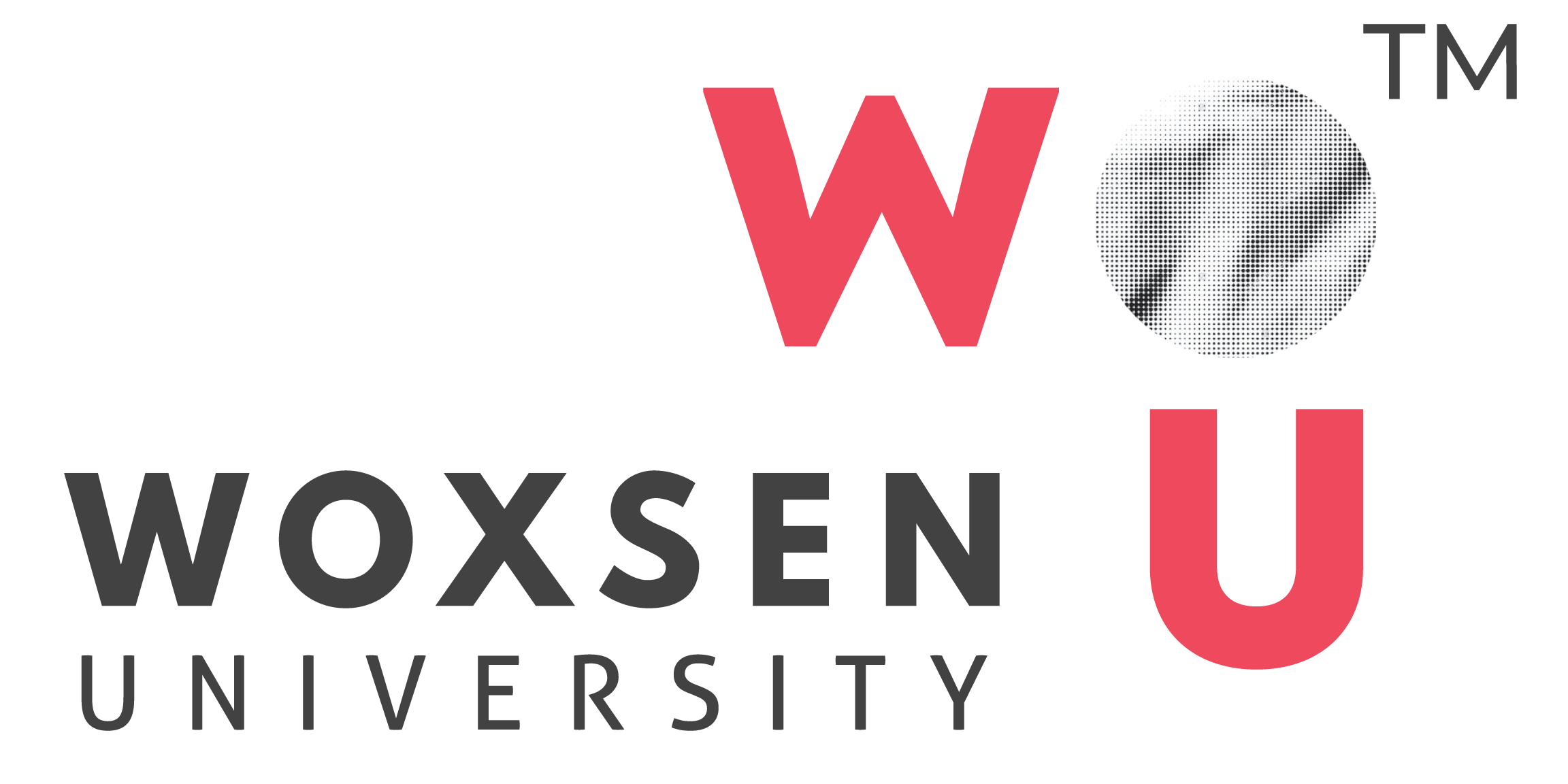Job Title: Senior Officer Culture & Information Division
Employment: Full-Time
Job Closing Date: August 24, 2023
Overview
The Association of Southeast Asian Nations (ASEAN) was founded in 1967 with the purpose of promoting regional cooperation in Southeast Asia, in the spirit of equality and partnership and thereby contribute towards peace, progress and prosperity in the region. ASEAN comprises ten (10) countries in Southeast Asia. It was proclaimed a Community through the “Kuala Lumpur Declaration on ASEAN 2025: Forging Ahead Together”, signed by the Leaders of ASEAN Member States at the 27th ASEAN Summit in 2015. The ASEAN 2025 calls for the ASEAN Community to forge ahead together, and to work towards building a community that is politically cohesive, economically integrated and socially responsible.
The ASEAN Secretariat was established in 1976 by the Foreign Ministers of ASEAN with the basic function of providing greater efficiency in the coordination of ASEAN organs and for more effective implementation of ASEAN projects and activities. It is also envisioned to be the nerve center of a strong and confident ASEAN Community that is globally respected for acting in full compliance with its Charter and in the best interest of its people.
In alignment with the ASEAN 2025 and Key Aspirations of the three ASEAN pillars of Political Security Community, Economic Community and Socio-Cultural Community, supported by the Department of Community and Corporate Affairs, the ASEAN Secretariat is inviting qualified ASEAN Nationals to apply for the position of Senior Officer Culture & Information Division.
Remuneration and Benefits:
Successful candidate will be offered a basic salary of USD 3,893 and an attractive remuneration package including housing, outpatient medical reimbursement, hospitalisation & life insurance, children’s education and gratuity. Subject to good performance during the probation, the candidate will be offered a fixed term contract of three (3) years, inclusive of the six-month probationary period.
Responsibilities
- Reporting to Assistant Director (ADR)/Head of Culture & Information Division, the Senior Officer shall be responsible for supporting regional cooperation in the culture and the art, as well as the information and media sectors by:
- Providing substantive research and analysis to support policy recommendations, technical advice and initiatives to the respective sectoral bodies’ (namely SOMCA, SOMRI, COCI) work plans/programmes
- Develop research and analysis that can be used to support policy recommendations, technical advice and initiatives including providing input to the drafting of outcome documents, information and position papers, concept notes, briefing notes and talking points, and other knowledge products.
- Coordinate and monitor the reporting input on the status of the above sectoral work plans to the ASCC Analysis and Monitoring Divisions (AMD), and Programme Cooperation & Project Management Division, and other divisions where required.
- Assist in coordinating with other Divisions including the Community Relations Division to develop effective outreach strategies in promoting and branding ASEAN identity.
- Liaise with ASCC AMD in the development of the M&E framework and indicators for the two sectors.
- Monitor relevant policy developments at the regional and international levels.
- Coordinating and providing technical support on the development, implementation and evaluation programmes and/or projects in support of the ASEAN Socio-Cultural Community (ASCC) and the ASEAN Community
- Coordinate the development programmes and/or projects, and provide technical support where necessary to drive initiatives in the promotion of ASEAN identity and awareness.
- Provide suggestions and ideas for projects and activities that can enhance the ability of the culture and the arts sector, as well as information and media sectors in disseminating information to the public about ASEAN developments, as well as on addressing other strategic issues relating to the sectors.
- Managing funding, expert mobilisation and funds management
- Assist to manage disbursements of the ASEAN Cultural Fund.
- Coordinate and assist in mobilisation of funds to implement the approved work plans/programmes and projects.
- Coordinating and providing technical support to promote ASEAN and its contribution in the implementation of global agenda, such as the 2030 UN SDGs
- Represent the ASEAN Secretariat and serve as a resource person when required.
- Coordinate and/or manage operational linkages with associated ASEAN bodies, dialogue partners, private sector and other institutions to further strengthen cooperation in culture and arts, information and media, and to promote ASEAN and its contribution in the implementation of global agenda, such as the 2030 UN SDGs.
- Other duties
- Coordinate, supervise, and assist to manage tasks and activities of staff, including compilation of technical input and prepare relevant documents including media releases and presentations for the meetings.
- Coordinate and provide support in meetings, including preparing background papers and drafting meeting reports/summary of discussions, and assisting the hosting institutions on substantial matters.
- Provide feedback on the performance of technical officer/assistant.
- Coordinate input to, and assist to manage, budget of the Division
- And other duties when required.
Qualifications
- Advanced or Bachelor degree in relevant discipline primarily related to the culture and the arts, or media and information, e.g. Cultural studies and relations, Heritage Management, Art History and Literature, Media and Broadcasting Management, Public Policy, Public Administration, Communications, Journalism, International Relations/Studies, Management or an appropriate related field.
- A minimum five (5) years work experience with Bachelor degree or three (3) years with Advanced degree, with strong or relevant background in culture and the arts or communication and media and/or international relations in both government sector and/or private sector.
- Extensive experience in message and program development, with advanced, sound writing skills and a proven track record of managing multiple projects.
- Strong media and social media acumen to communicate with diverse audiences across multiple channels, including traditional, new media and digital platforms.
- A keen interest in the arts and culture, information and media sectoral developments.
- Proven experience in substantive research, project management, public policy development, and in working closely with government officials.
- Experience in cross-cultural environment and international settings is an advantage.
- Demonstrated good interpersonal skills, ability to develop and maintain sound working relationships with public and private sector organizations, stakeholders and partners, and work effectively with people at all levels of the organisations.
- Competency in computer skills with adequate knowledge of Microsoft Office applications.
- Proven ability for accuracy under pressure and adherence to deadlines.
- Sound and robust analytical skills, with competency to synthesise, process information and develop them effectively into reports or other knowledge products.
- An effective, dynamic team player, and able to work independently where required.
- Excellent command of English, written and spoken.
- Willing to travel.
Submit Your Application
Please follow the below link to begin the application process.


